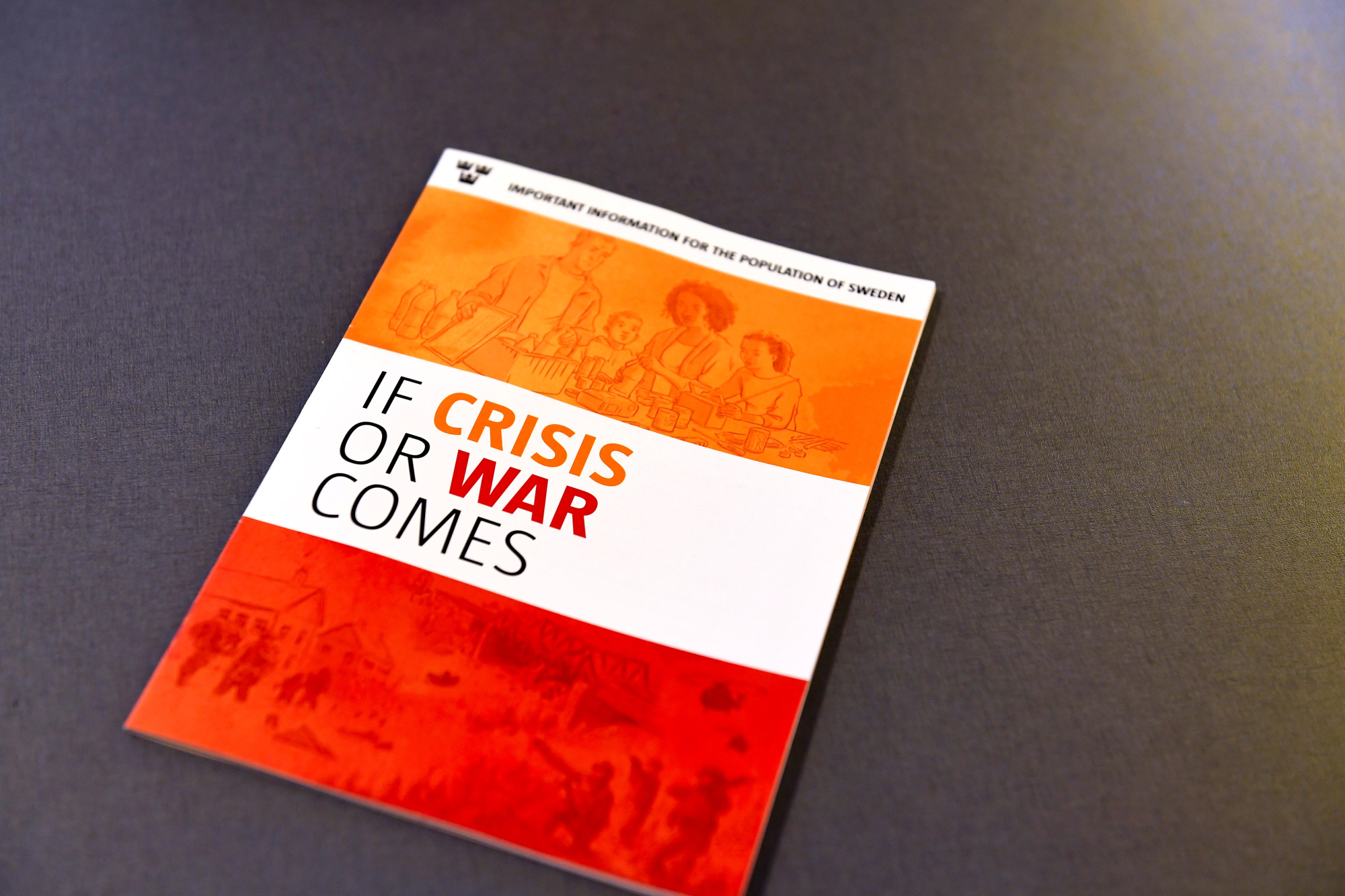Over the last two weeks, every household in Sweden received a booklet of instructions on how to prepare for war. Issued by the government and including instructions for every Swedish resident to resist an invader by all means necessary, it was a dramatic sign of just how quickly the recently unthinkable has become something Europe's Nordic governments in particular feel they must address.
"For many years, the preparations made in Sweden for the threat of war and war have been very limited," says the Swedish brochure. "However, as the world around us has changed, the Government has decided to strengthen Sweden's total defense. ... The level of preparedness for peacetime emergencies is an important basis of our resilience in the event of war."
For most of the continent, Russian President Vladimir Putin's annexation of Crimea and war in Ukraine four years ago was seen as a wake-up call, but not a potentially existential threat. Countries like Germany, Britain and France have reconsidered their defense postures, often also lightly increasing military spending. By and large, however, even within their security establishments, few see a genuine imminent risk of overwhelming Russian conventional military attack on their homelands. Moscow's military might be at its most active since the Cold War, but its tanks and troops remain a comfortingly long way away.



